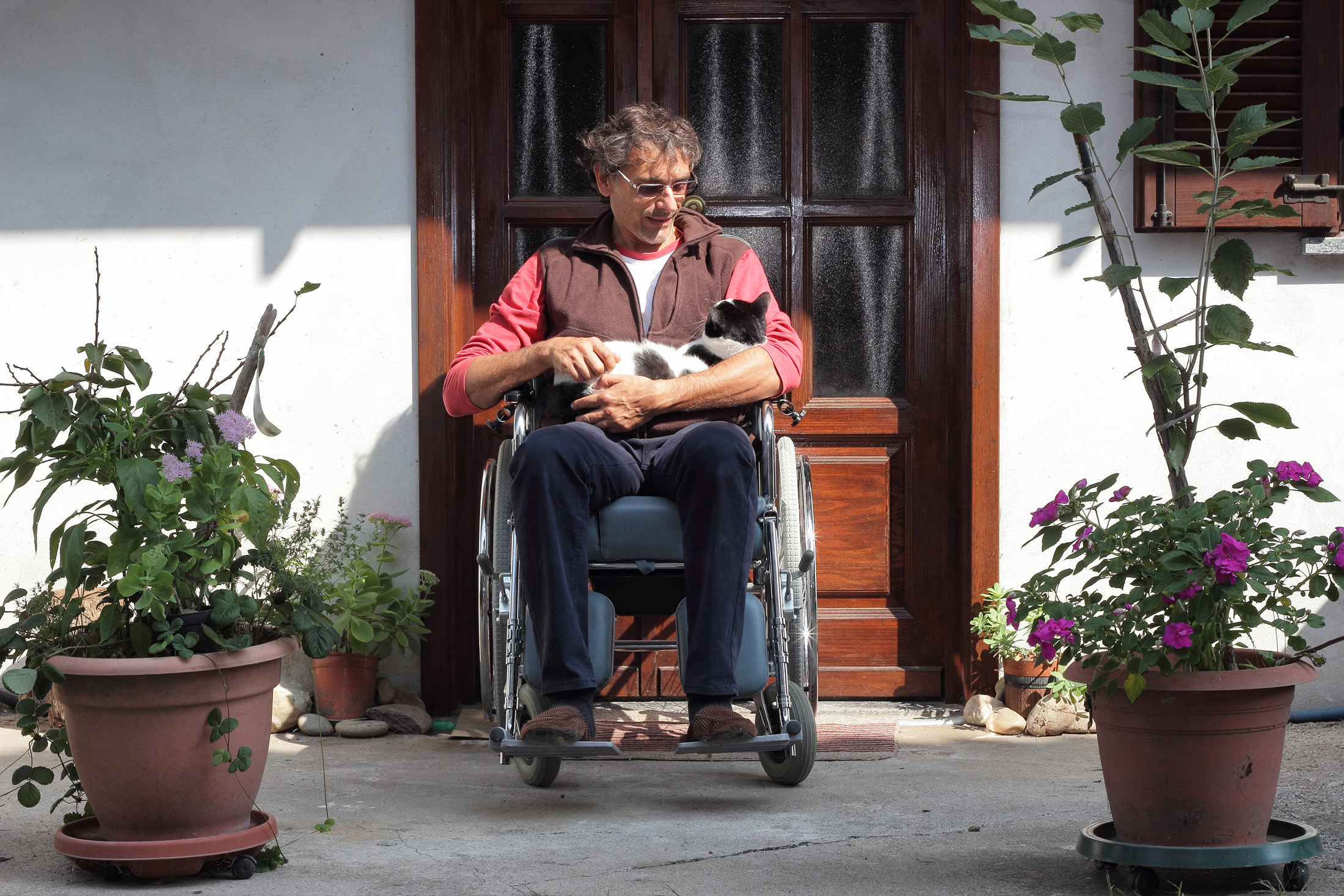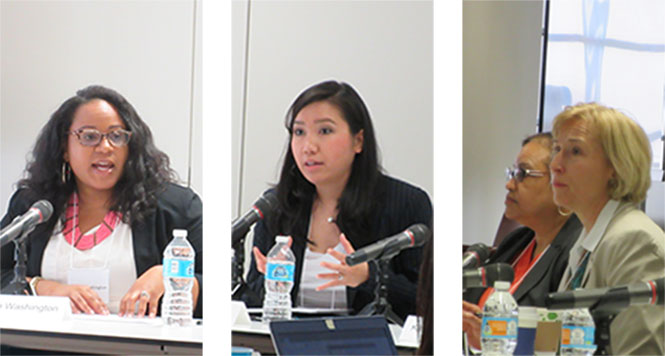Access: The TAC Blog
March 2018: Significant Affordable Housing Opportunities for People with Disabilities in the FY 2018 Omnibus Spending Bill
THE OMNIBUS BUDGET BILL for Fiscal Year 2018, passed by Congress and enacted by the president last week, includes a ten percent ($4.6 billion), one-year increase to the U.S. Housing and Urban Development (HUD) budget overall and gives especially strong support to housing programs serving people with disabilities.
Affordable Housing for People with Disabilities — Highlights
-
$400 million (est.) will go to new Section 811 mainstream vouchers for non-elderly people with disabilities. TAC estimates these funds will provide nearly 50,000 new vouchers for people with disabilities!
-
$82.6 million for new Section 811 Project Rental Assistance (PRA) capital advances and Project Rental Assistance. This increase may provide an opportunity for states that have not yet received PRA funds to benefit from this program!
Other Good News
-
$130 million increase for Homeless Assistance grants. The National Alliance to End Homelessness estimates that this increase will be enough to move 20,000 to 25,000 more people from homelessness to permanent housing.
-
$40 million for new supportive housing for homeless veterans with disabilities, through the HUD-Veterans Affairs Supportive Housing (VASH) program.
-
$20 million for new Family Unification Program vouchers that target two populations: (1) families unifying with children who were placed or are at imminent risk of placement out of the home due to lack of adequate housing for family, and (2) youth (18 to 24 years old) who are aging out of the foster care system.
-
A 12.5% increase in the Low Income Housing Tax Credit allocation and a 30% increase in the HOME Investment Partnerships Program (HOME), both of which will help states and localities to increase affordable housing production.
Thanks are due to all of the disability, homelessness, and affordable housing proponents across the country whose hard work and advocacy have ensured that thousands more people with disabilities will have the chance to live in safe, affordable apartments — rather than in institutions, in shelter, or on the streets. Thanks especially to Rep. Rodney Frelinghuysen, outgoing chair of the House Appropriations Committee, who has been a steadfast supporter of housing for non-elderly people with disabilities.
June 2017: News, Resources, and Happenings at TAC
Propelling Innovation to End Youth Homelessness
TAC consultants have been criss-crossing the U.S. this spring to help strengthen local youth homelessness prevention efforts. In Washington's Seattle/King County, our TA is an integral part of the Youth Homelessness Demonstration Program, a HUD initiative awarded to ten communities. So far, we've worked with Seattle/King County on flexible system design, engaging a Youth Advisory Board, compiling promising practices from across the country, analyzing data to measure the need for housing and services, creating landscape scans of current housing and service inventories, and developing continuous improvement strategies the community can use to evaluate and learn from implementation. Once the planning process wraps up in July, our focus will shift to creating an implementation "road map" for community stakeholders and providing training and capacity-building to Seattle/King County agencies working to end youth homelessness in their community. Learn more about TAC's TA with programs serving children and youth.
Sharing Strategies for Successful Community Integration
From May 1-2, HUD Section 811 Project Rental Assistance grantees from 25 states — including both housing and service providers — joined TAC staff members and officials from the Department of Housing and Urban Development (HUD) and the Centers for Medicare and Medicaid Services (CMS) in Washington, DC. Participants in this TAC-organized initiative shared successes and insights from their experiences implementing PRA to expand integrated supportive housing opportunities for extremely low-income people with disabilities.
TAC Staff in Action
STAFF ACTIVITIES
Policy Advisor Francine Arienti and TAC consultant Naomi Sweitzer were invited by the Vermont Youth Homelessness Prevention Plan Committee to present on federal/state resources and models of state plans around the country; Senior Associate Jonathan Delman gave the keynote address at Employment Matters! (annual conference of the Massachusetts Association of People Supporting Employment First); Jon's article on "Employer-based Strategies to Increase Employment Rates for People Living with Serious Mental Illness," co-authored with Senior Consultant Lynn Kovich and Executive Director Kevin Martone, has been published in Psychiatric Rehabilitation Journal; Associate Ashley Mann-McLellan hosted a community planning meeting in Denver to help advance the city's strategy on ending veteran homelessness; Ashley also met with HUD Youth Homelessness Demonstration Project grantees and TA providers at the CSH Supportive Housing Summit in May; and Associate Douglas Tetrault presented on "Community-wide System Assessment and Improvement" at the National Coalition for Homeless Veterans conference, while Senior Consultant Jim Yates presented on "Using Federal Fair Housing Guidance to Reduce Access Barriers to Housing" at NCHV's pre-conference Housing Summit.
POSITION AVAILABLE
TAC is seeking a Senior Associate/Consultant with expertise in behavioral health and Medicaid. Read the full description and application information.





